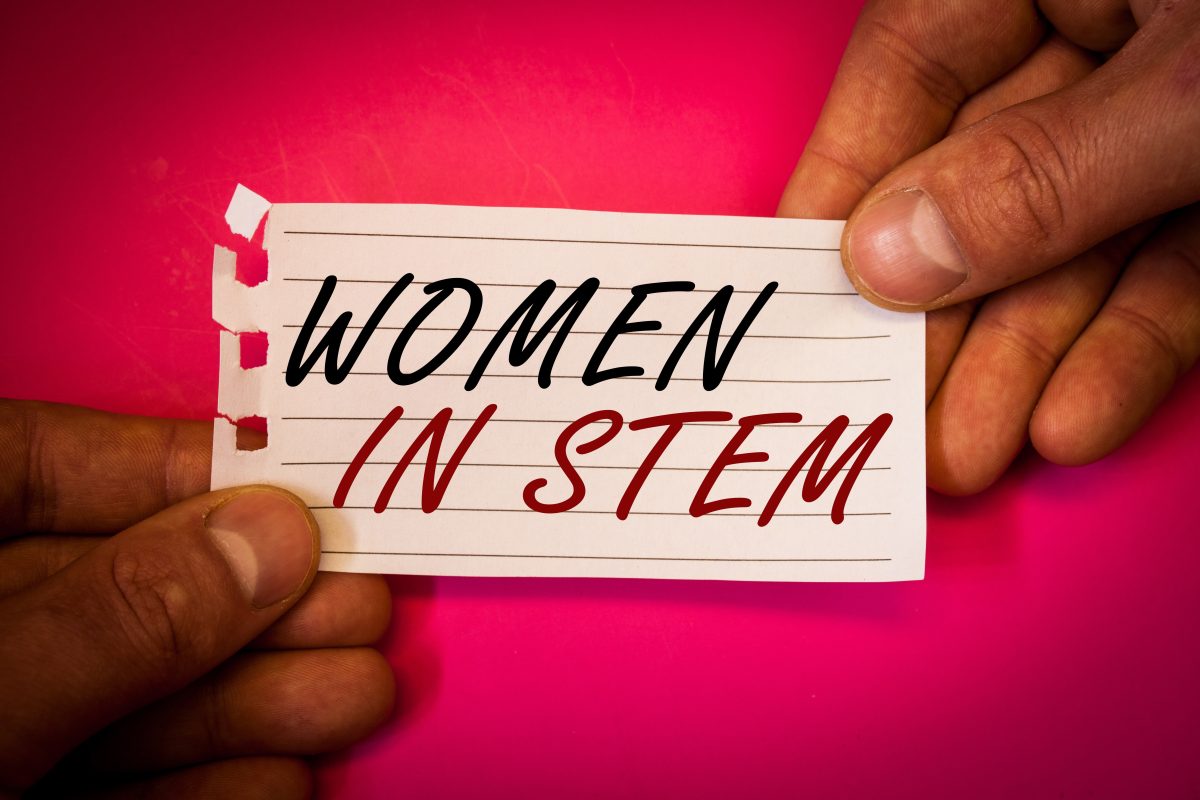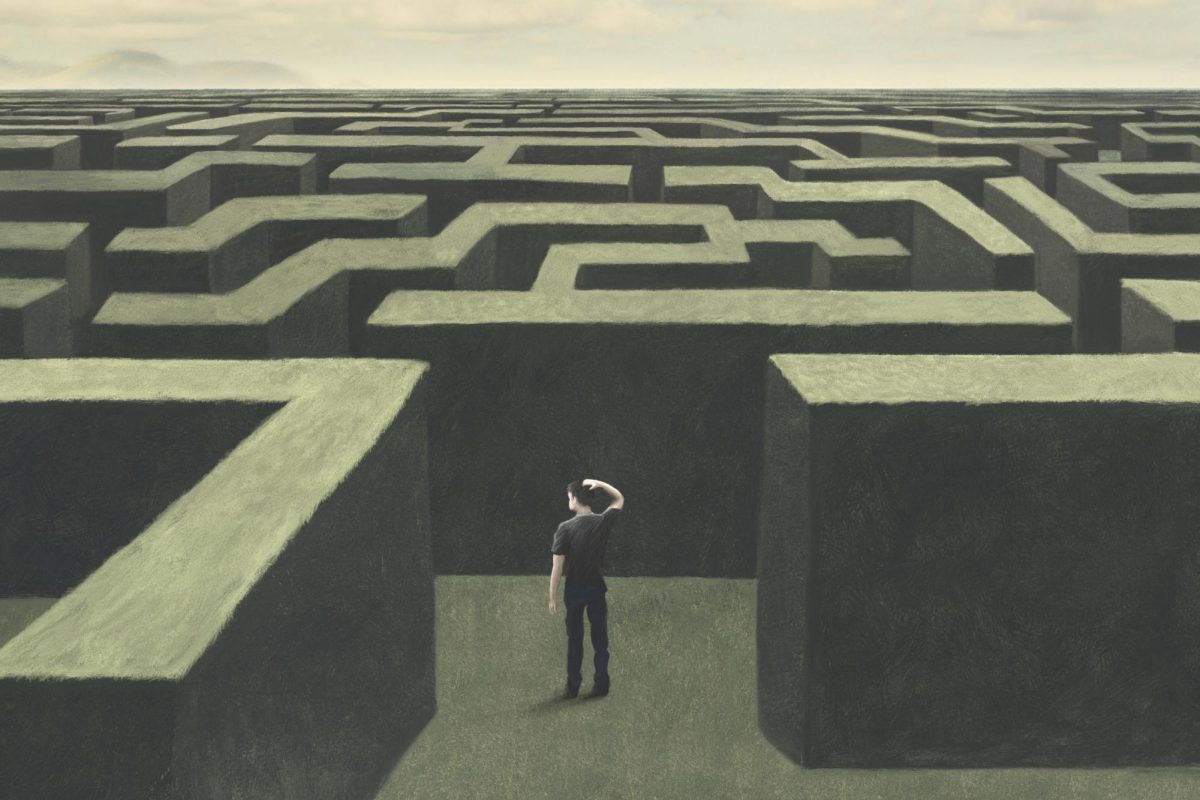I have a learning disability, which makes higher education challenging for me. It has been this way since the third grade, being placed in a special education class.
Fast forward to highschool, I was told by my school counselor that I wouldn’t go to college, much less become a STEM major. I was told that it would be difficult to navigate it all, particularly math.
However, I chose to be a Geophysics and Computer Science major with a minor in Electrical Engineering in spite of it all.
Pursuing a college degree with a learning disability has provoked a multitude of reactions and problems. I have been told to “drop it.” Admittedly, at times, I have wanted to. For one, there are few women of color in this major and even fewer women of color in STEM with learning disabilities, according to the National Center for Science and Engineering Statistics.
I have often wished for more inclusivity and representation in this field. I have chosen to be that representation for myself and others who can relate. However, finding a community, regardless of a learning disability, is hard.
It has been hard to find mentors, friends and people who support my education. The journey gets lonely sometimes. I had to learn to be my own advocate, be my own motivation.
Since my diagnosis, I was taught to advocate for myself, mainly because no one would do it for me. I have spent the majority of my undergraduate years doing so. Sometimes advocacy is simply studying, retaking failed courses.
However, I have been able to recognize my limits. I keep trying to communicate with professors, but often fail in getting them to understand my struggles. Last year, a geology professor told me that I would never get my dream job because of my learning disability.
This was the first time a woman in STEM discriminated against me for having a learning disability. I was oblivious to the possibility of toxic professors before this incident. These comments began to affect my mental health.
I began to look for support. Amid my search, I met Jose Hernandez during the movie premiere for “A Million Miles Away” about his journey from a farm worker to an engineer and astronaut. I related to Hernandez because we both grew up in a Hispanic household and had similar work ethics. His story gave me a sign that I was on the right path.
For the time being, I am a part of the CSUN Autonomy Research Center, a NASA-launched university research center. I am currently working on a drone project with Python code and QGroundControl to accomplish autonomous flight with the Chair of the Electrical and Computer Engineering Department Dr. Ashley Geng.
Furthermore, I am heavily involved with clubs on campus. A few include Leaders in Engineering and Computer Science (LECS), Society of Hispanic Engineers, and Girls Who Code. My work precedes me.
I have also volunteered and worked on the Aero Senior Design Project and have been an ambassador for NASA JPL, hoping to inspire the next generation of participants.
However, none of this would be possible without the support from Dr. Natalie Schaal and the people over at the College of Engineering and Computer Science.
LECS has provided workshops and events to expand my career choices and find the right resources to pursue them. After I graduate from CSUN, I hope to get my master’s in mechanical and computer engineering. The ultimate goal is to obtain a PhD from UCLA and use my time to inspire other girls like myself to pursue a career in STEM.






